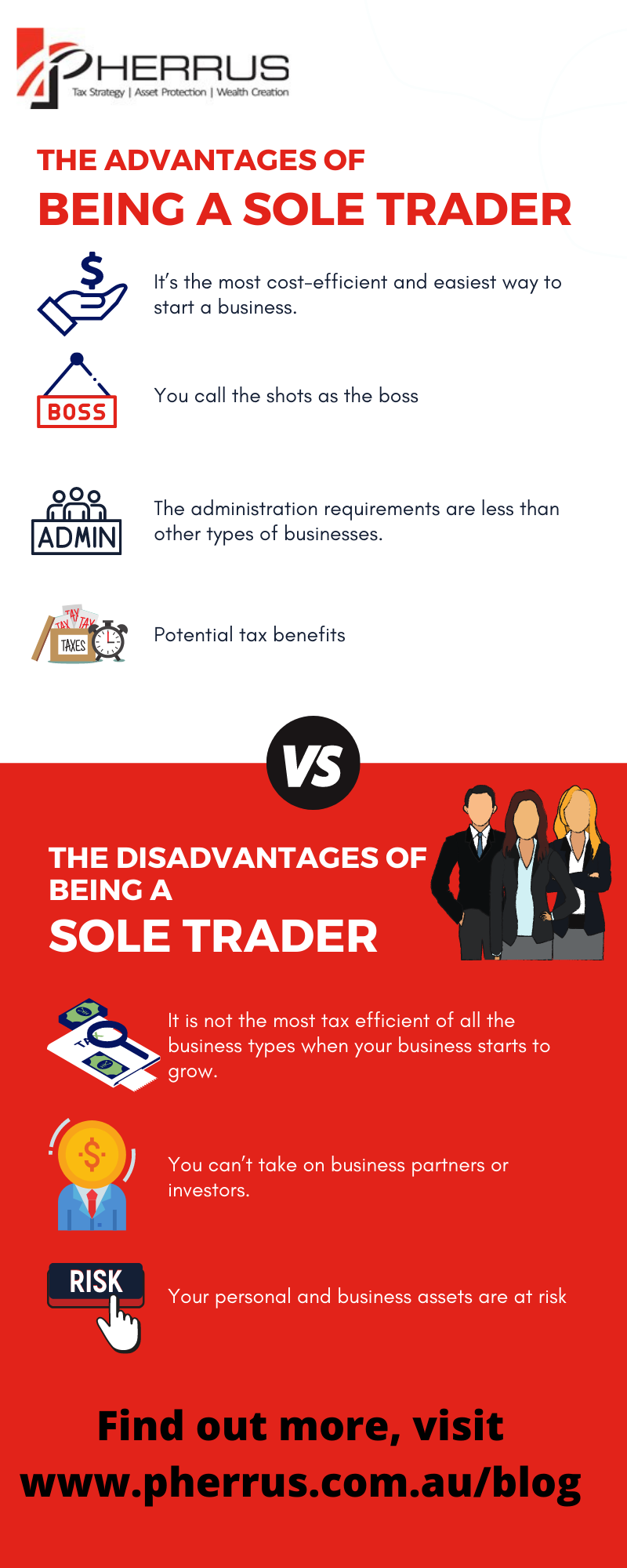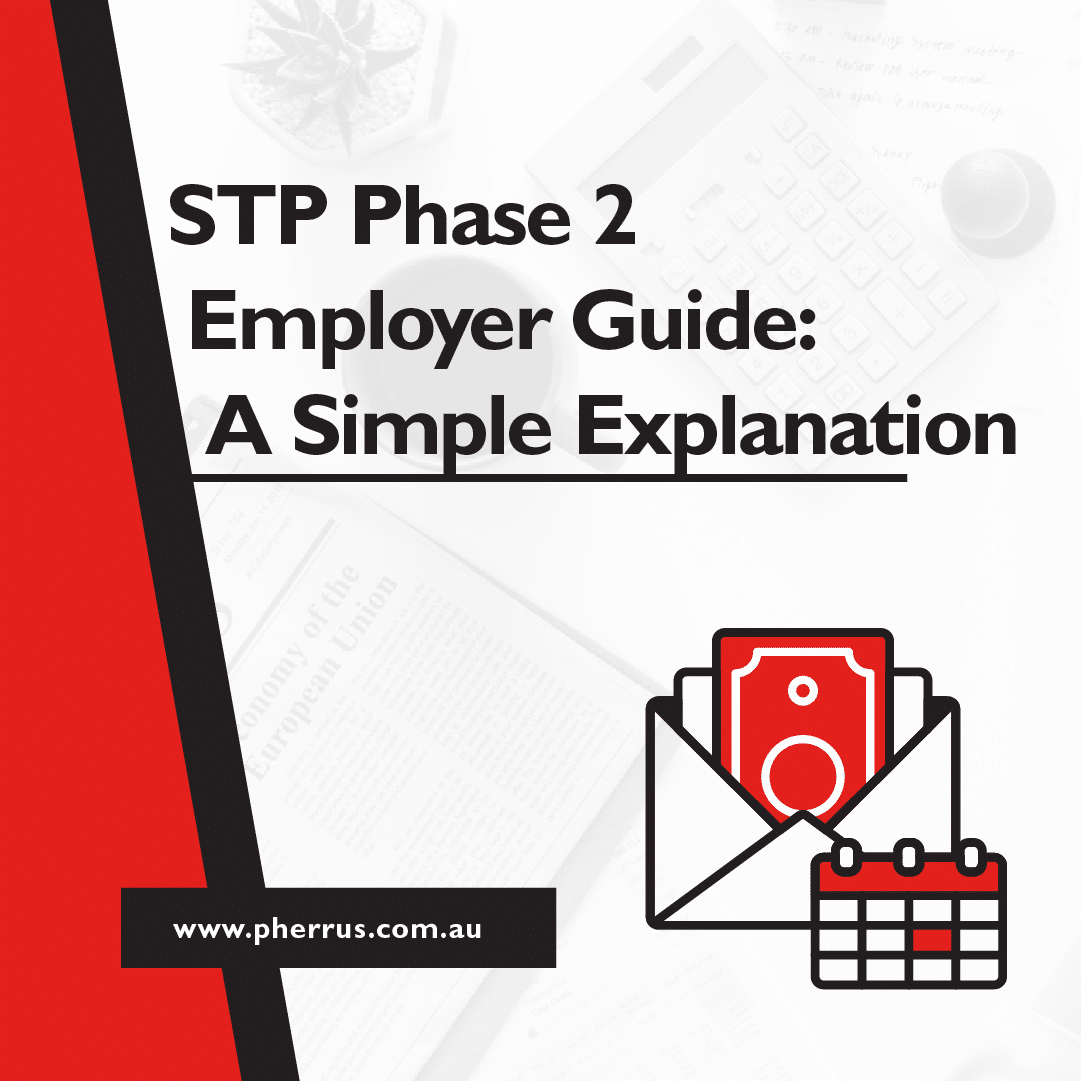One of the most important decisions you’ll make when you set up a business in Australia is what kind of structure your business will have, and your choice depends entirely on you and your circumstances.
Put simply, it’s a question of whether the business is a separate legal entity to you, or whether you are the business.
The latter is called being a sole trader, and it has a variety of positive things associated with it as well as a few negative. So what are the pros and cons of being a sole trader?
Let’s take a look at the sole trader advantages and disadvantages!
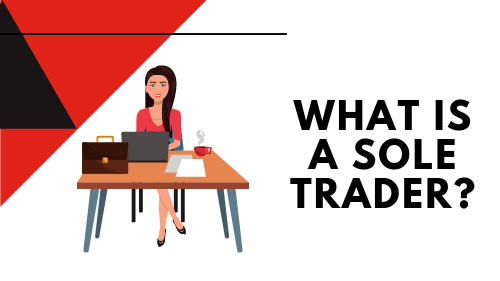
What is a sole trader?
Being a sole trader is probably the most simple structure that a business can have and, in essence, it means that you are the be-all and end-all of your business.
The business is owned by you, the only employee, the one who pays all the bills and receives all the money from it.
Not only are you fully responsible for everything that goes on in your business, but you’re also totally in control of everything too, making it an extremely easy and agile way to work.
Simply put, your success depends on you and you alone.
So why else would you want to set up as a sole trader and what are the sole trader advantages?
Let’s take a look below.
It’s reasonable and easy to do
While not entirely hassle-free, setting up as a sole trader is about as close as you can get, and all you really have to do in order to get going is to get yourself an Australian Business Number, or ABN.
This means that you can file your taxes as normal, as long as you make sure to report it accurately after expenses and pay income tax as you would usually do, and you can file your taxes under your own TFN without having to change anything.
You call the shots
As the name implies, being a sole trader means that there is only one voice in this business: Yours.
One of the biggest sold trader pros, is you get to manage the Business on your own without the disadvantages, such as business partners to argue with, investors to please, shareholders to appease or directors to overrule you.
This gives you complete freedom to be as agile and fast-moving as you need to be, able to respond to demand and trends without having to get a group of other people on board with you, or having to worry about how your choices will affect their livelihoods and careers.
It also means that you get to keep all the profits yourself, and because you pay income tax on your profits just like you would your salary, there are no complicated reporting or tax requirements to follow here.
The best of both worlds
While more complex businesses may have onerous requirements when it comes to reporting, liquidity, the sale and distribution of assets, and any number of other complications, you don’t have to worry about any of that when you’re a sole trader.
On top of all that, you still get some of the perks of being a private individual with your business and there are tax benefits of being a sole trader.
For example, if you decide to sell your business you can keep all of the profits after tax, and you can even qualify for the 50% capital gains tax discount from any of the physical assets that you sell.
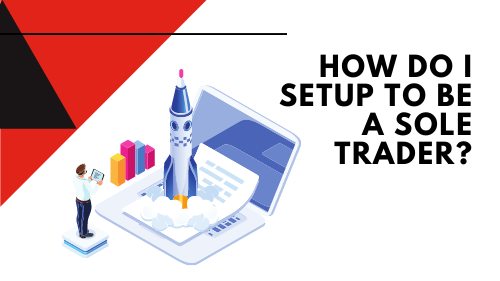
How do I set up as a sole trader?
It’s really simple to register as a sole trader in Australia and isn’t much more difficult than filling in a few forms.
You’ll need an Australian Business Number to be properly registered with the tax authority, which will require you to supply some personal information such as a name and address, and you’ll then need to put this number on all your invoices and receipts.
If you’re planning on turning over more than $75,000 per year it’s also important to register for a Goods and Services Tax (GST) number, so you’re allowed to charge your customers the 10% sales tax you’ll need to pay the government.
It’s also important to remember that, depending on your location and type of business, you may also need local licenses or approval, so it’s always a good idea to check with your local authority.
You will also need to take out your own liability insurance if you’re planning on interacting with the general public.
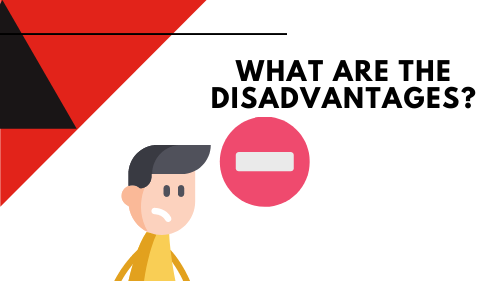
What are the disadvantages of sole traders?
While the advantages are numerous, there are also a couple of benefits of being a company vs sole trader.
The most common simply result from your business outgrowing the sole trader lifestyle and needing more room to expand!
Being a sole trader isn’t very tax-efficient because you can’t benefit from all the flat tax rates that a private companies can, and your tax burden grows in line with your income like a normal taxpayer; plus you’re also pretty limited in terms of how you can finance growth in your business.
You can’t take on business partners or investors, sell shares, or share your debts with others, all of which are useful to be able to do when you’re taking those big next steps.
Other disadvantages are slightly more concerning; because you and your business are one and the same, you’re also totally legally and financially responsible for your business too.
This means your personal assets are at risk, as well as your business assets, should you get into financial difficulty or incur any legal costs in the course of your work.

A great way to start out
Being a sole trader in Australia is the perfect way to get that next big business venture off the ground, and to benefit from being both a private individual and a business at the same time, but there are definitely advantages and disadvantages of sole trading.
It’s the ideal way to start that big adventure of becoming your own boss and working for yourself without the intimidating workload that comes with owning and running a private company.
There are some great perks to enjoy, and it couldn’t be easier or cheaper to become a sole trader, setting you off on the road to bigger and better things to come!
Contact Pherrus Financial Services to learn more about Sole Trader Setup.
